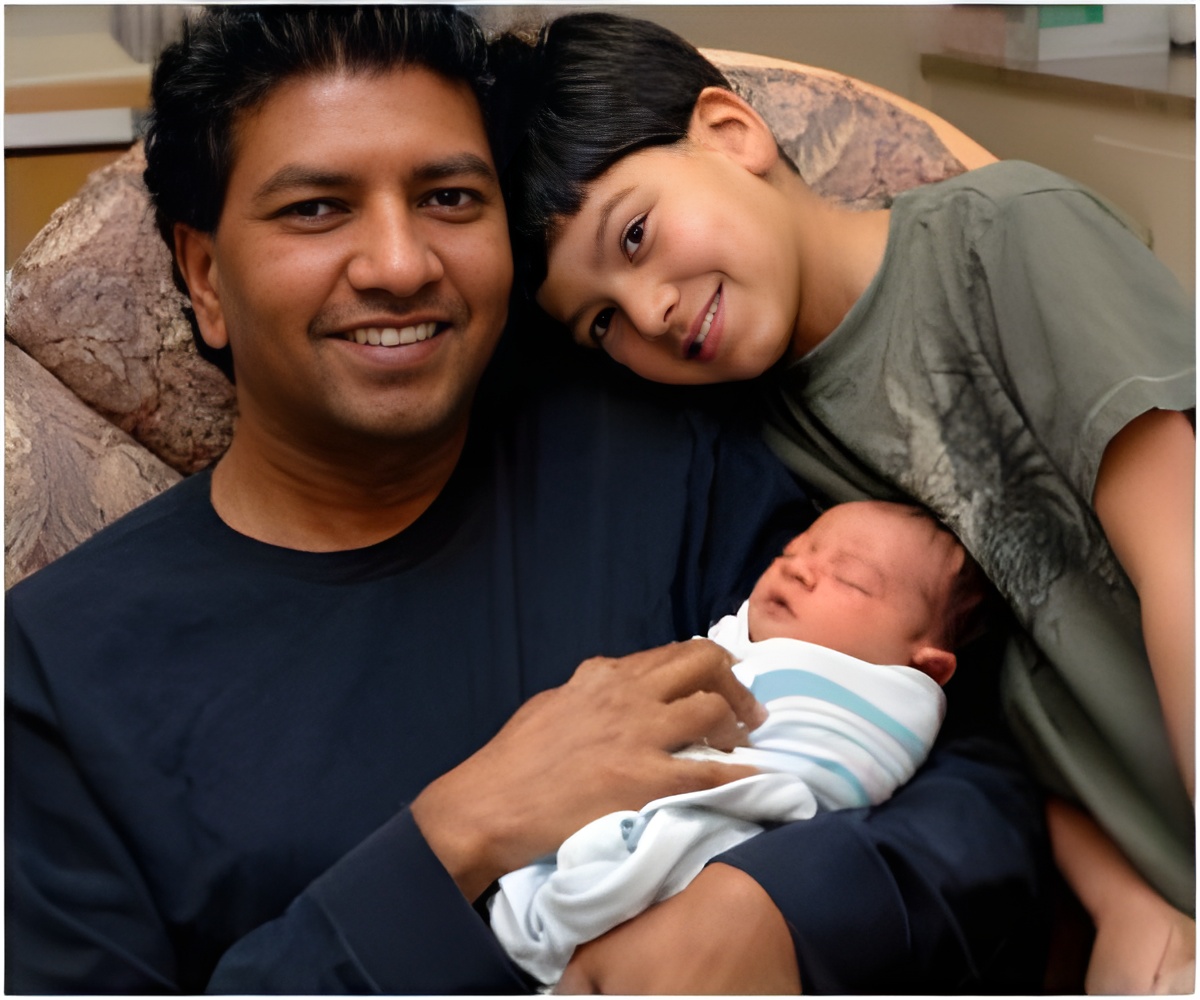Parents experience greater levels of happiness and meaning from life than non-parents, finds a new study.

"We are not saying that parenting makes people happy, but that parenthood is associated with happiness and meaning," explained Sonja Lyubomirsky, professor of psychology at the University of California, Riverside, the journal Psychological Science reports.
"Contrary to repeated scholarly and media pronouncements, people may find solace that parenthood and child care may actually be linked to feelings of happiness and meaning in life," added Lyubomirsky, according to a California statement.
Recent popular accounts have painted a portrait of unhappy parents who find little joy in taking care of their children, "but the scientific basis for these claims remains inconclusive," the researchers wrote.
"If you went to a large dinner party, the parents in the room would be just as happy or happier than the guests without children," said study co-author Elizabeth W. Dunn, associate professor of psychology at the University of British Columbia, Canada.
Among the findings are that fathers in particular expressed greater levels of happiness, positive emotion and meaning in life than their childless peers.
Advertisement
"Parents are not nearly the miserable creatures that we might expect from recent studies and popular representations," Dunn concluded.
Advertisement











